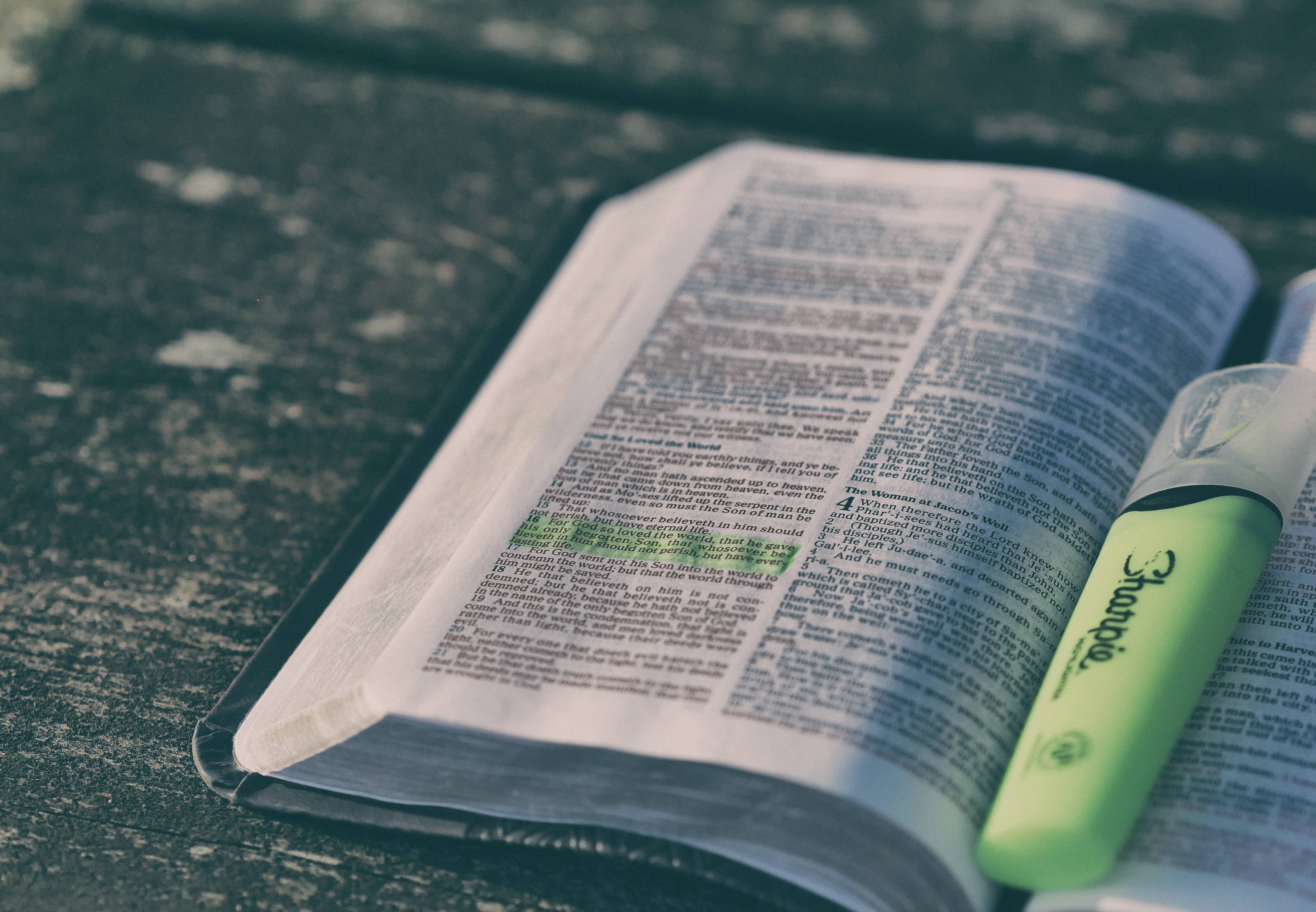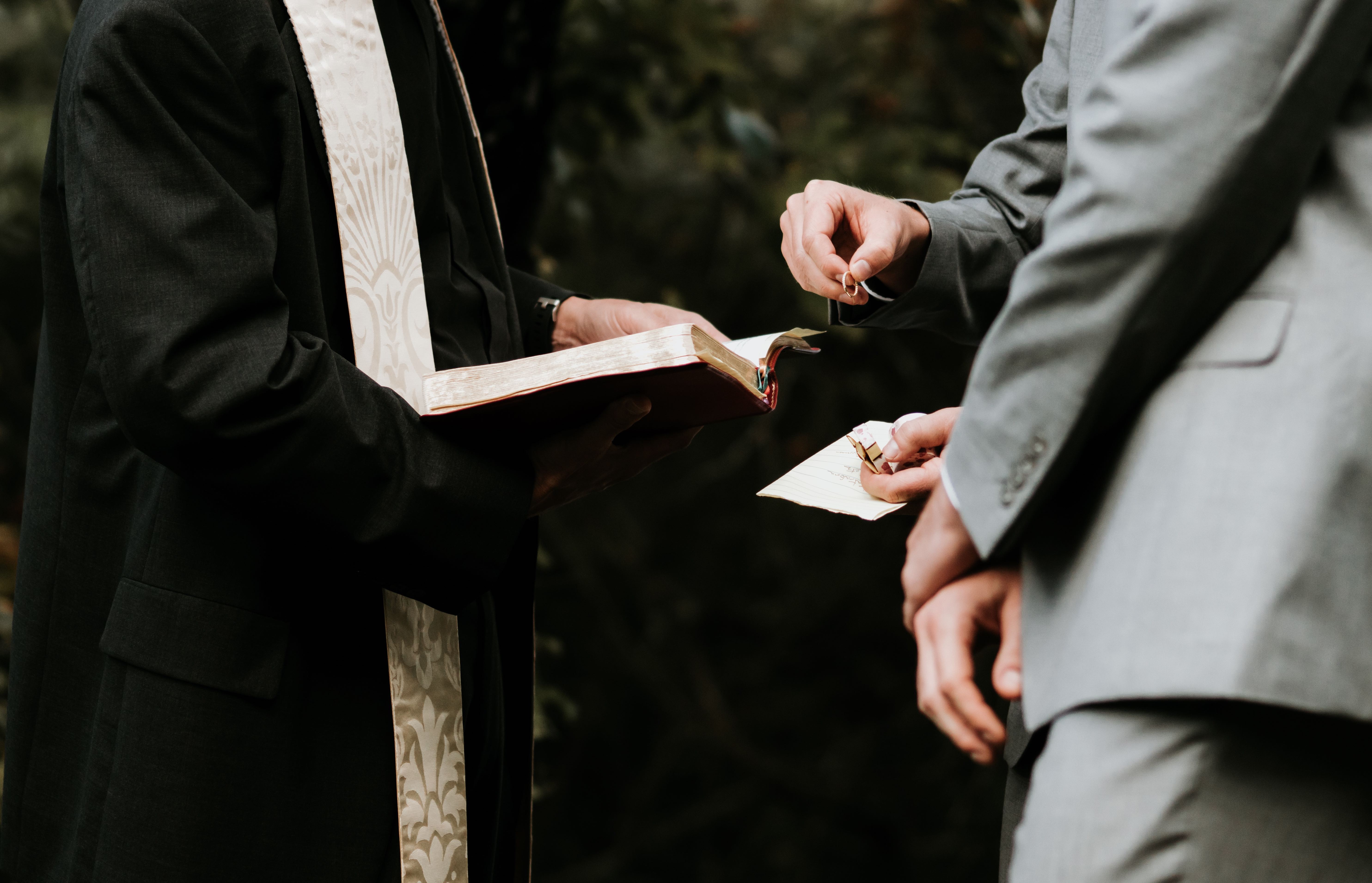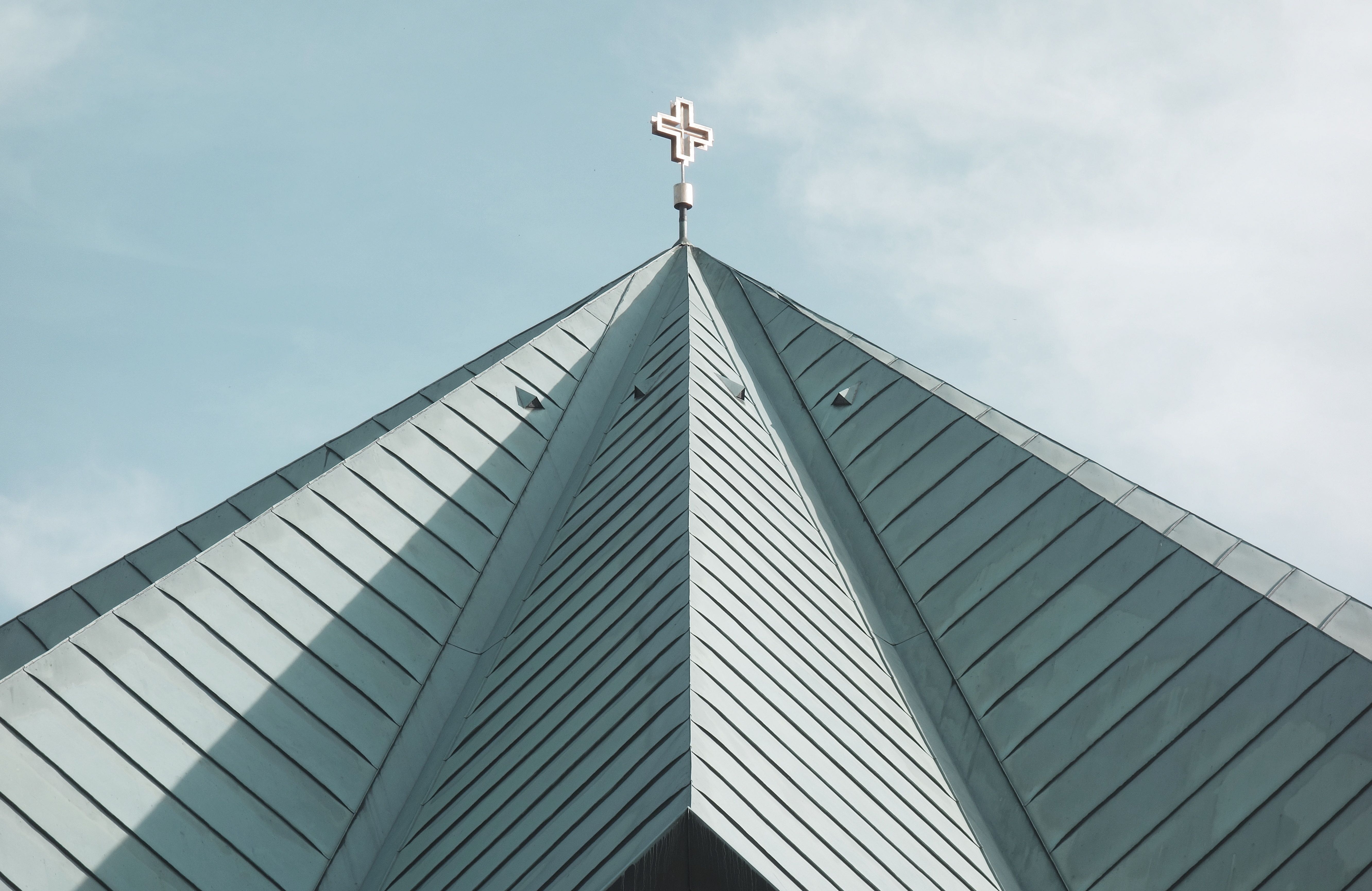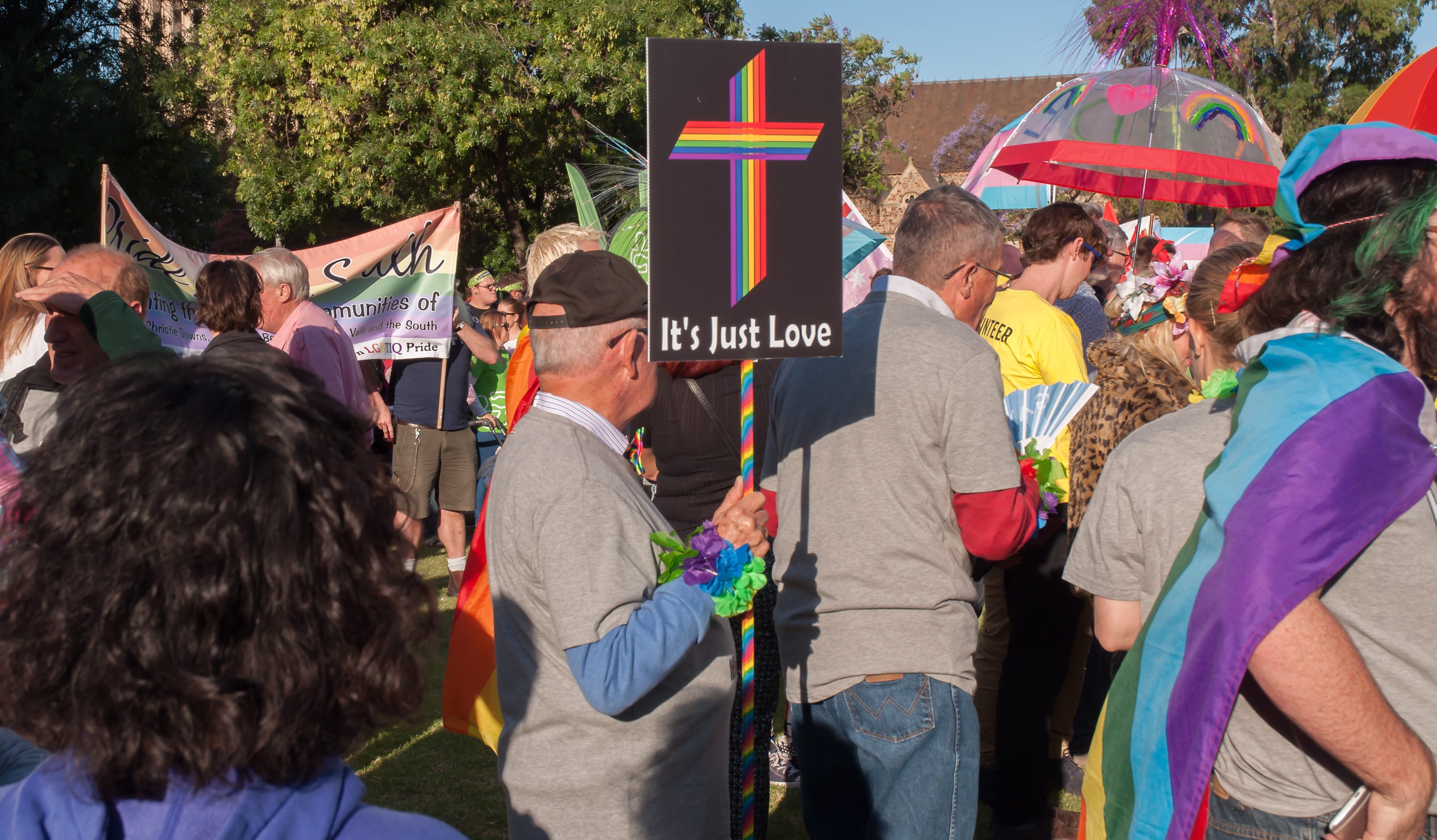
Politics & Society
Same sex marriage, religious freedom and the law

The tension between important and serious rights like religious freedom and equality reflects the need for an Australian bill of rights
Published 8 March 2018
Back in 2008, the then Government commissioned Jesuit priest and human rights lawyer Father Frank Brennan to chair a National Human Rights Consultation.
At the time, there was no consensus among the groups consulted about the best way forward but there was a clear majority of Australians in favour of some form of bill of rights and thus the Committee recommended (ultimately unsuccessfully) that Australia adopt a Human Rights Act.

But the notion of a Human Rights Act had some powerful opponents, some of the most consistent and articulate of which were religious leaders, particularly from some Christian groups.
The concerns expressed by Christian leaders were that a Human Rights Act would lead to religious freedom being sacrificed for other rights, particularly non-discrimination rights; that religious institutions and individuals may be forced to sacrifice strongly held beliefs for other rights; and that religious individuals may be charged with religious or race hate for simply expressing their religious belief.
Ten years on, in 2018, many of the same institutional players (and some individual players) who fervently opposed a bill of rights and decried the imposition of human rights treaties into Australian law, are calling for a specific law to protect religious freedom.

Politics & Society
Same sex marriage, religious freedom and the law
In a recent parliamentary submission, for example, the Australian Catholic Bishops Council argued “that the best way for the Commonwealth to protect and promote freedom of religion in Australia is by introducing specific legislation for the protection of religious freedom as a positive right, rather than as negative ‘exemption’ to other legislation.”
Many, although not all, religious bodies agree. One of the key triggers for this movement in political terms was the result of the same-sex marriage survey in which 61.6 per cent of Australians voted ‘yes’ to introducing same-sex marriage legislation and the parliament responded by passing such legislation by an overwhelming majority.
Religious groups were powerful opponents to the ‘yes’ vote. And once it became clear that they were likely to lose the popular vote, their focus shifted to the shape that changes to the Marriage Act should take and then, having largely lost that debate, the question of the broader protection of religious freedom.
For the battle over the same-sex marriage law was only ever part of a broader conflict with respect, in particular, to the impact of discrimination law on religious institutions and individuals and whether religious freedom is better protected in stand-alone legislation or as part of a broader bill of rights.
The establishment of the Ruddock Committee – a committee which has a vanishingly short period of time to tackle one of the most complex cultural and political debates in the country – was a concession to those who believed that the changes to the Marriage Act went a step too far.

The committee has a particularly difficult task as there are complications in gaining a consensus about what is covered by the notion of religious freedom. Every right has its core cases and the grey areas, but that is even more so the case with religious freedom.
For a devout religious believer, almost every aspect of his or her life is impacted by religion, but that doesn’t mean that every religiously motivated act is protected as an element of religious freedom.
The concerns that many religious people have in Australia is that, as our society becomes demographically less religious and as social conventions, particularly around issues of sexuality, become less consistent with religious teaching, then religion will be pushed into a smaller and smaller realm; that living consistently with one’s religion in the broader public sphere will not be seen as something valuable or worthy of protection and will not be seen to raise issues of religious freedom. They seek protection from laws which they perceive as interfering with this freedom.

Politics & Society
Q&A: What happens after the ‘yes’
This raises concerns with those who see such laws (often discrimination laws) as protecting other important human rights.
The more expansive the view of religious freedom – the more that it extends to individuals and the way that they live their lives, what they do in the course of their employment, who they are willing to serve in their organisations, who they are willing to hire – the greater the potential for it to conflict with other rights and with other visions of a good society.
The difficulty is that as both the claims made in the name of religious freedom, and the sphere of human activity regulated by law, expand the potential for conflict likewise expands. Unfortunately, in Australia we don’t have any particularly good regulatory or legal mechanisms for adjudicating between those conflicts.
These issues are complex. They are often reduced to simple terms both by proponents and opponents of religion but there are tensions that cannot be reduced to simply put one group in the right and the other in the wrong.
Religious groups and individuals argue for the benefits that they contribute to both society and individuals; from inside the religion you can see the incredible social work, the strong bonds of community, the positive impact on broken lives that faith can achieve. But fewer and fewer people are inside institutionalised religions. In the last census, 30 per cent described themselves as having no religion – for those under 35 this rose to 39 per cent.

Some of these changes have come about because – like all large, complex institutions created by flawed people – religions have a dark side as well as a light. When religions say the rights of the rest of their fellow citizens are well protected but they are worthy of special protection, there will be people who have experienced harm at the hands of religion who will beg to differ.
Those sexually or physically abused; those who were sacked from their jobs or refused employment for not meeting the tests of a religious organisation; those who were denigrated for their sexuality by religious groups who actively lobbied to keep homosexual activity criminalised; those who were forced to remain in marriages that were hateful and even dangerous to them because of religious opposition to divorce law changes; who fled to Australia from theocratic states; who have experienced religiously inspired terrorism.

Politics & Society
Should Australia have a Bill of Rights?
Many people would see special protection for religion as unwarranted and likely to have harmful impacts on the non-religious. If the solutions to the problems experienced by religions in this country do not take serious account of protecting the important rights of others, they are not likely to be sustainable.
Likewise, it is important that those who are serious about human rights issues do not allow religious freedom to become the ‘poor cousin’ right – the one that is easily dismissed if any other right comes into play, the one that is not taken seriously.
There is a problem emerging in Australia where many human rights are becoming seen as simply another manifestation of progressive or leftish ideology, while religious freedom and free speech are seen as separate to human rights and of interest only to conservatives and the right.
Some Australian legal judgments – and there have not been many – that have dealt with religious issue have shown a poor understanding of religion and little sympathy with it. If religious folk of goodwill need to be more thoughtful about the boundaries of religious freedom, perhaps human rights proponents need to be more careful to think about what core cases religious freedom covers.
Given the complexities of this debate, there is a danger that legislation which protects religious freedom in some detail and reduces everyone else’s rights to mere exemptions will raise the same arguments as discrimination laws currently raise from religious organisations.

We run the risk of a fragmented system of human rights protection in which the different parts do not speak to each other and are not brought together in any coherent framework.
A bill of rights is not a magic solution. The results that judges come to in cases are imperfect – the law too is a flawed institution created by flawed people. And in many cases reasonable minds will differ, particularly when there are conflicts between important and serious rights like religious freedom and equality.
But at least a bill of rights gives us a coherent framework where the various competing rights start out in a position of equal standing rather than expecting special status through legislation of their own.
Banner: Getty Images